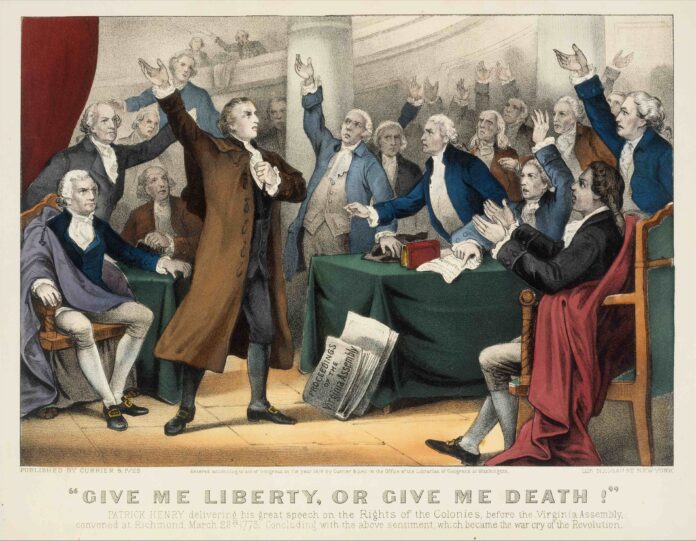The concept of unrestricted speech, often referred to as “free speech,” is a cornerstone of Western society and, more specifically, the United States. For nearly 250 years, this idea has been central to our nation’s identity, rooted in the philosophies of thinkers like Socrates, Locke, and Voltaire. This foundational principle was enshrined in the Bill of Rights under the First Amendment: “Congress shall make no law…abridging the freedom of speech.”
Yet, throughout American history, the country has grappled with the tension between the ideal of unrestricted speech and the desire to regulate it. Just seven years after the Bill of Rights was ratified, John Adams, a Founding Father, pushed the Alien and Sedition Act through Congress. This law criminalized making false or malicious statements against the government. While it was repealed after Adams’ presidency, the act set a troubling precedent: the federal government restricting speech despite the First Amendment’s protection.
While some nations have claimed to support free speech, this freedom is often reserved for the ruling elite, with the masses silenced. Historically, free speech has been one of the first casualties in the rise of tyranny. Figures like Socrates, Martin Luther, John Locke, and Voltaire endured imprisonment or worse for challenging the status quo. In 399 BC, Socrates was sentenced to death for “corrupting the youth” and questioning the authority of the Greek gods. In the 1500s, Martin Luther faced imprisonment and execution for challenging the Catholic Church, sparking the Protestant Reformation. John Locke went into self-imposed exile to avoid persecution for his writings on government, and Voltaire was imprisoned for his critiques of religious and political authorities. These figures, though persecuted, shaped the very ideas that influenced the Founding Fathers in creating the U.S. Constitution.
The fight for free speech in America reached a critical point during the Revolutionary War. Patrick Henry’s famous speech, “Give me Liberty, or give me Death,” called for armed rebellion against British rule, igniting the flames of revolution. It was these bold acts of speech and dissent that ultimately led to American independence.
But the fight for free speech is not a thing of the past. In recent years, the conviction of Adam Smith-Connor, a British Army veteran, for silently praying near an abortion clinic in 2022 highlights the continuing global struggle for speech freedoms. Smith-Connor’s crime was “no speech” – his quiet prayer for his deceased son, who had been aborted years prior. Similarly, Tommy Robinson, a British activist, was sentenced to 18 months in solitary confinement for publishing a documentary on the attack of a 15-year-old Syrian refugee. His film, viewed by millions, continued to spread after his imprisonment, showing the power of speech, even in the face of censorship.
Social media platforms have become battlegrounds for speech, where censorship isn’t only imposed by the platforms themselves but also by individuals—neighbors, friends, and family—who attack posts that fall outside the “acceptable” range of discourse. This widespread condemnation, rather than fostering constructive dialogue, results in a toxic online environment that stifles true freedom of expression.
Unrestricted speech is not a gift from the government; it is a fundamental human right. It is a right endowed by our Creator, as stated in the Declaration of Independence: “We are endowed by our Creator with certain unalienable rights, among these are Life, Liberty, and the Pursuit of Happiness.” These rights depend on the ability to think freely and communicate openly within society. The unique human capacity for independent thought, the liberty to express it, and the pursuit of happiness through discourse are essential to the human experience.
Free speech, however, has never been truly “free.” It has always come at a price, often through the sacrifices of those who dared to speak out against prevailing ideas and who risked everything to protect this vital right. The battle for unrestricted, unregulated, and unfiltered speech has always been fought by those who see the world differently and by the martyrs who have paid the ultimate price for their beliefs. Speech has never been, nor ever will be, “Free.” Speech has and forever will be…priceless.
Warner Workman is a retired intelligence officer and descendant of a colonial patriot.
NEWSLETTER SIGNUP
Subscribe to our newsletter! Get updates on all the latest news in Virginia.



